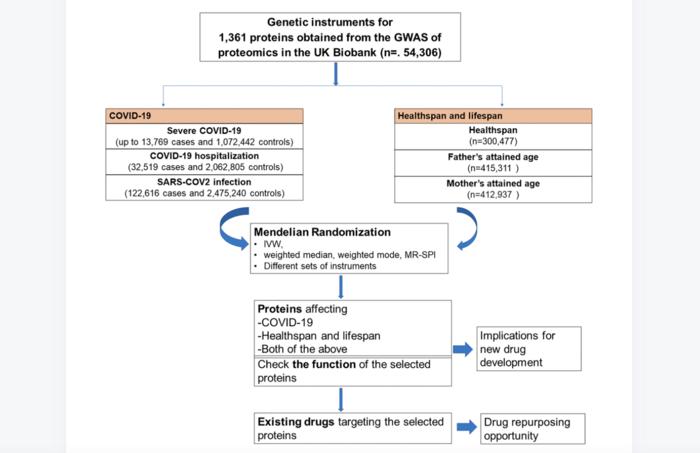Twelve outstanding journalists named 2023 MBL Logan Science Journalism Fellows
WOODS HOLE, Mass. –Twelve accomplished science and health journalists have been awarded a highly competitive fellowship in the Logan Science Journalism Program at the Marine Biological Laboratory (MBL). Credit: Diana Kenney WOODS HOLE, Mass. –Twelve accomplished science and health journalists have been awarded a highly competitive fellowship in the Logan Science Journalism Program at the […]

WOODS HOLE, Mass. –Twelve accomplished science and health journalists have been awarded a highly competitive fellowship in the Logan Science Journalism Program at the Marine Biological Laboratory (MBL).

Credit: Diana Kenney
WOODS HOLE, Mass. –Twelve accomplished science and health journalists have been awarded a highly competitive fellowship in the Logan Science Journalism Program at the Marine Biological Laboratory (MBL).
Now in its 36th year, the Logan Science Journalism Program provides journalists with immersive, hands-on research training, giving them invaluable insight into the practice of science as well as some of the major news stories of today. The program, which offers a Biomedical course and an Environmental course, will run May 30-June 9 in Woods Hole.
Biographies for the 2023 Logan Science Journalism Fellows are here. They are:
Biomedical Fellows
Charles Bergquist, Director and Senior Producer, “Science Friday”
Katie Hunt, Science Writer/Editor, CNN (London, UK)
Petria Ladgrove, “What the Duck?!” Podcast Producer, Science Unit, Australian Broadcasting Corp.
Blacki Migliozzi, Graphics Editor, The New York Times
Mohamed Mansour, Science Journalist, Scientific American (Cairo, Egypt)
Carlos Andres Serrano, Multimedia Broadcast Journalist, British Broadcasting Corp. (BBC)
Environmental Fellows
Morgan Krakow, Reporter, Anchorage Daily News
Barbara Moran, Correspondent, WBUR (National Public Radio, Boston)
Annalee Newitz, Freelance Science Journalist (San Francisco)
Melba Newsome, Independent Journalist (Charlotte, NC)
Julia Sklar, Independent Science Journalist (Boston)
Duy Linh Tu, Documentary Filmmaker, Journalist, and Associate Professor at Columbia Graduate School of Journalism
Learning by Doing
In the program’s Biomedical Hands-On Research Course, fellows learn fundamental techniques and approaches that underpin current biomedical science. Guided by senior scientists, they undertake pioneering technologies for imaging and analyzing the human microbiome; genome editing using CRISPR/Cas9; and DNA sequencing and analysis. They will also have ample opportunity to discuss concepts and innovations in biological and biomedical science with the program’s faculty.
In the Environmental Hands-On Research Course, fellows conduct field research at a barrier beach, salt marsh, and watershed ecosystem on Cape Cod. They discover the complex ways that added nitrogen alters coastal ecosystems, including their capacity to keep up with sea-level rise and impacts on marine life and coastal food webs.
All fellows collect, analyze, and interpret research data, which they present at a mini-symposium at the close of the fellowship. They also have opportunities to explore the rich scientific resources in Woods Hole.
The Biomedical Hands-On Research Course is co-directed by Joshua Rosenthal, Ph.D., senior scientist in the MBL’s Bell Center, and Scott Chilimeski, Ph.D., research scientist in the MBL’s Bay Paul Center. The course’s journalism advisor is Maryn McKenna, journalist, author, senior writer at WIRED, and Senior Fellow of the Center for the Study of Human Health at Emory University.
The Environmental Hands-On Research Course is directed by Anne Giblin, Ph.D., senior scientist and director of the MBL Ecosystems Center, with faculty Javier Lloret, Ph.D., research scientist in the Ecosystems Center. Science journalist/producer Angela Posada-Swafford is the course’s journalism advisor.
Over the years, the Logan Science Journalism Program has granted fellowships to hundreds of journalists from prominent news organizations, including The New York Times, The Wall Street Journal, Science, National Public Radio, The Washington Post, USA Today, CNN, and Scientific American.
—###—
The Marine Biological Laboratory (MBL) is dedicated to scientific discovery – exploring fundamental biology, understanding marine biodiversity and the environment, and informing the human condition through research and education. Founded in Woods Hole, Massachusetts in 1888, the MBL is a private, nonprofit institution and an affiliate of the University of Chicago.
What's Your Reaction?

































